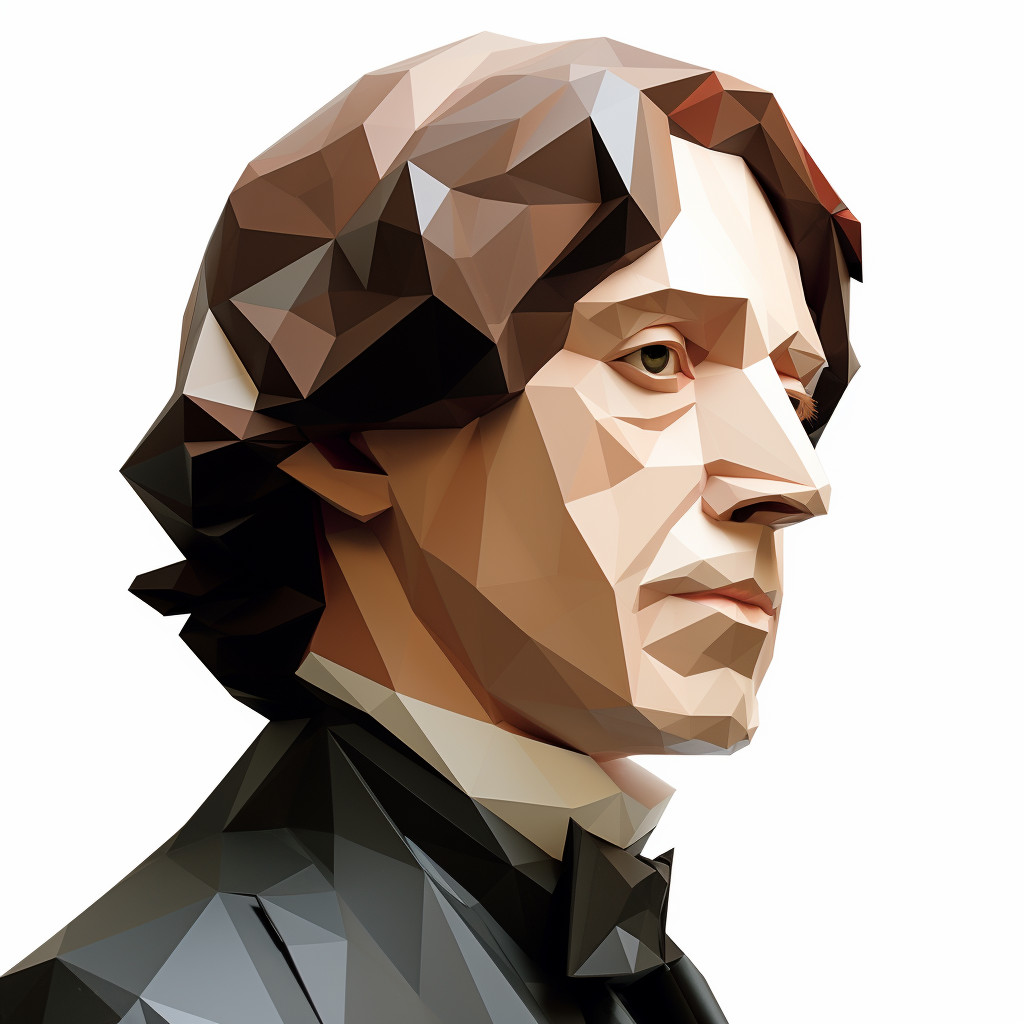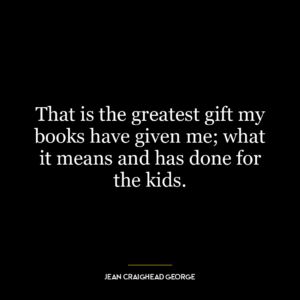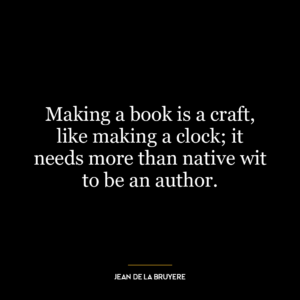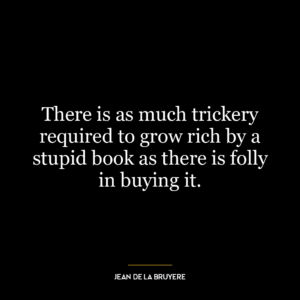This quote from Oscar Wilde is a clever play on biblical imagery and human life. The man and woman in a garden is a direct reference to the story of Adam and Eve in the Garden of Eden, which is the beginning of human life according to the Bible. “It ends with Revelations” refers to the last book of the Bible, Revelation, which describes the end of the world. Essentially, Wilde is comparing the span of a human life to the narrative of the Bible, from creation to apocalypse.
The quote suggests that human life is a journey from innocence to knowledge, from beginning to end, from creation to destruction. Just as Adam and Eve were expelled from the Garden of Eden after eating from the Tree of Knowledge, humans must leave their innocence behind as they grow and learn. And just as the Book of Revelation predicts the end of the world, every human life is destined to end.
This idea can be applied in today’s world and in personal development by reminding us of the inevitable progression of life. It encourages us to accept change and growth as natural parts of life, rather than fearing them. We start our lives in a state of innocence, much like the garden, and as we grow and learn, we move towards a state of revelation, where we become aware of our mortality.
This doesn’t have to be a negative realization. In fact, it can motivate us to make the most of our time, to learn as much as we can, and to grow as individuals. It also reminds us of the cyclical nature of life and can provide a sense of comfort or continuity. We are all on this journey from the garden to revelations, and this shared experience can bring us together.
Furthermore, it encourages introspection and self-analysis. By comparing our life stages to the biblical narrative, we are prompted to reflect on our own ‘garden’ stage and how far we have come since. It also incites us to prepare for our personal ‘revelations’ stage, urging us to make peace with our past and future.












